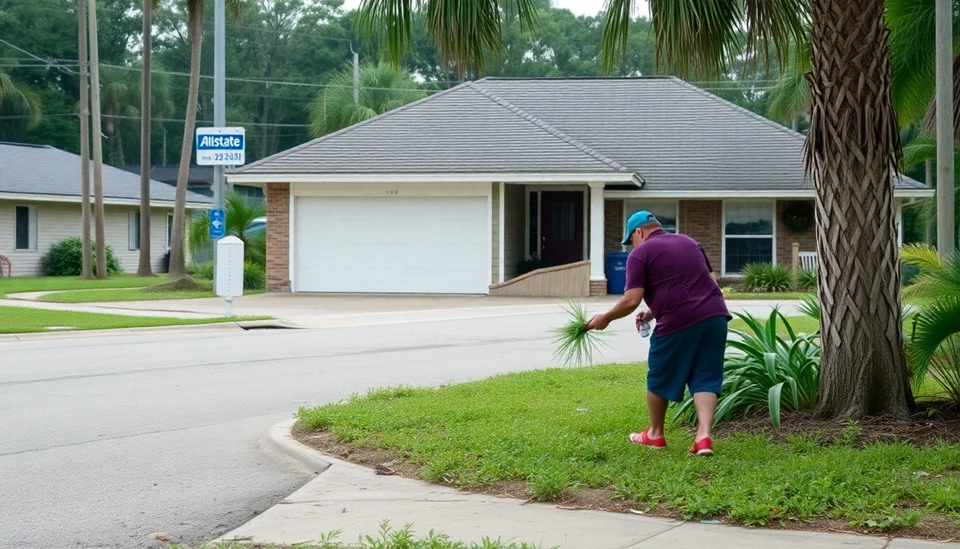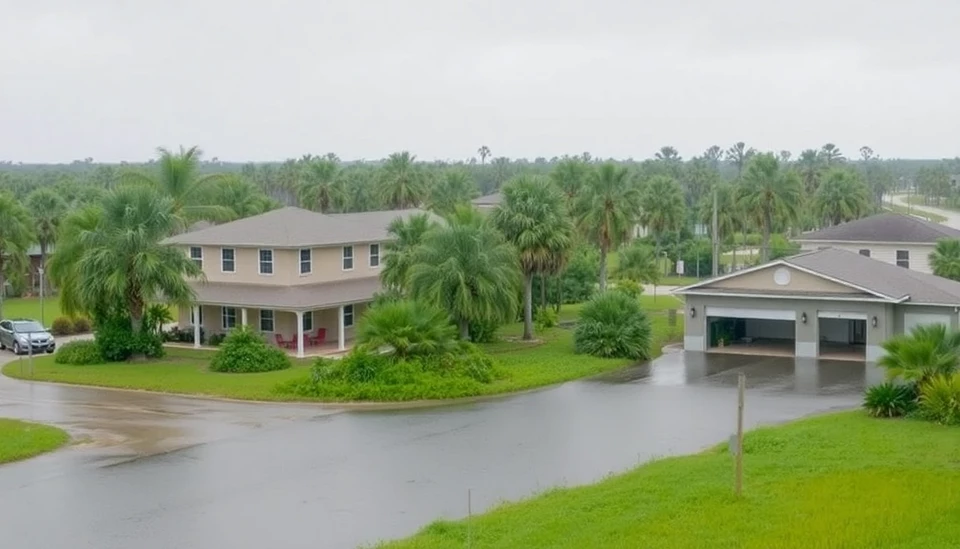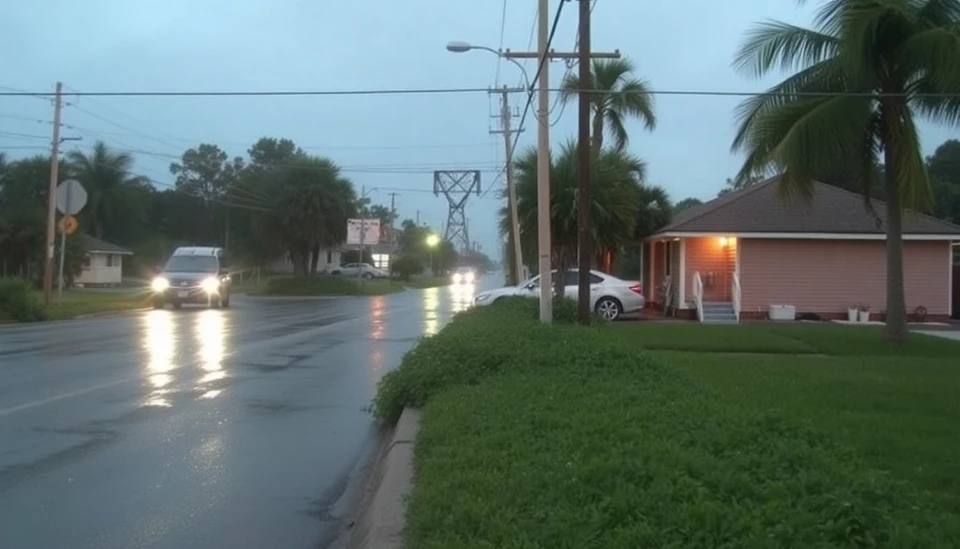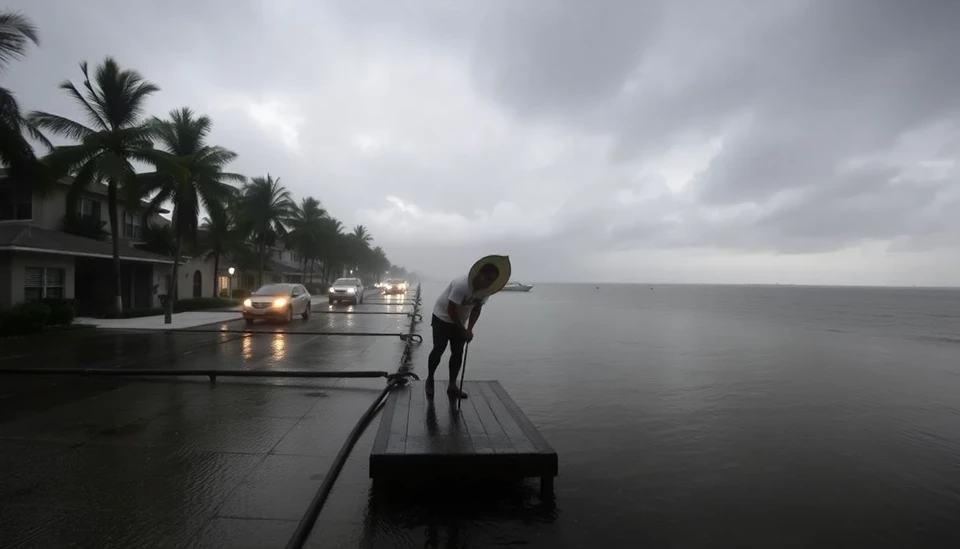
In the wake of Hurricane Helene's significant impact on the southeastern United States, Florida-based insurance companies are bracing for potential financial challenges as they assess the implications of the storm. The hurricane wreaked havoc across several states, leading to heightened risks for insurers that concentrate their operations in Florida, a region regularly lashed by severe weather events.
Financial analysts are now scrutinizing the prevailing risks that could threaten the stability of these insurers. Work is underway to determine the extent of the claims that will arise from the destruction left in Helene's wake, with estimates indicating costs could swell into the billions. This has raised concerns about the ability of these companies to manage their liabilities without experiencing widespread financial distress.
Specifically, companies that are heavily invested in Florida’s insurance market may face tighter regulatory scrutiny and possible downgrades in their credit ratings as they navigate through this unpredictable environment. The storm's aftermath has prompted fears that reinsurance rates may also spike, reflecting the increased risk appetite required to underwrite policies in a territory increasingly plagued by natural disasters.
Industry experts suggest that with each passing storm season, the risks for Florida-focused insurers are exacerbated, turning the state into one of the most challenging environments for these companies. The implications of Helene are likely to echo through subsequent quarters, especially as insurers begin to report third-quarter earnings that may be heavily influenced by the storm's damage.
Furthermore, discussions are intensifying among policymakers regarding the future landscape of Florida's insurance market. Many stakeholders are advocating for reforms aimed at bolstering the resilience of insurers against catastrophic events. However, such changes may take time, leaving consumers and businesses reliant on a fragile insurance system fraught with uncertainty.
The response from reinsurers - those who provide insurance to insurance companies - will also play a critical role in determining how Florida insurers rebound from the financial ramifications of Helene. No consensus has emerged yet on whether these firms will be willing to underwrite new policies at prior rates, or if they will raise premiums significantly to cover the anticipated risks.
As the region continues to grapple with the effects of climate change, which is predicted to exacerbate the frequency and severity of hurricanes, the insurance marketplace in Florida remains precarious. Stakeholders are urged to keep a close watch on developing trends and regulatory changes that could impact the future viability of insurance coverage amidst turbulent weather patterns.
In conclusion, the ramifications of Hurricane Helene present a crucial turning point for Florida-focused insurers, highlighting the precarious nature of managing risk in an area increasingly susceptible to extreme weather. The road ahead will require robust strategies, systematic evaluations, and potentially transformative changes to help these insurers navigate a perilous future.
#HurricaneHelene #FloridaInsurance #RiskManagement #ClimateChange #InsuranceMarket #NaturalDisasters
Author: Sophie Bennett




